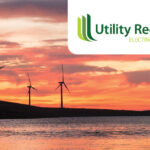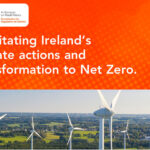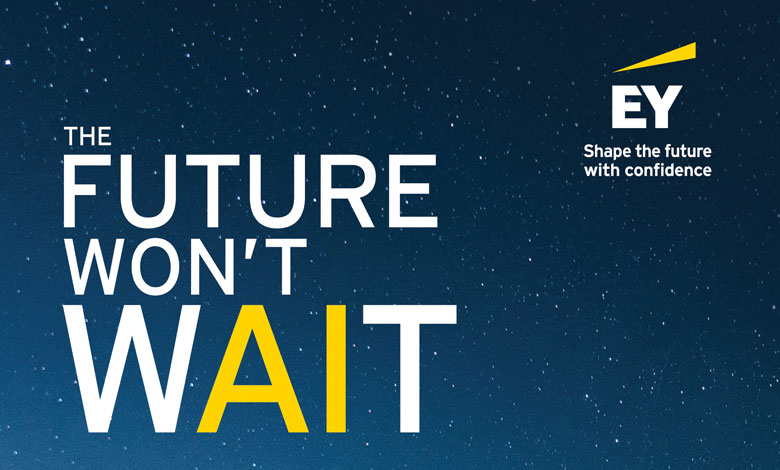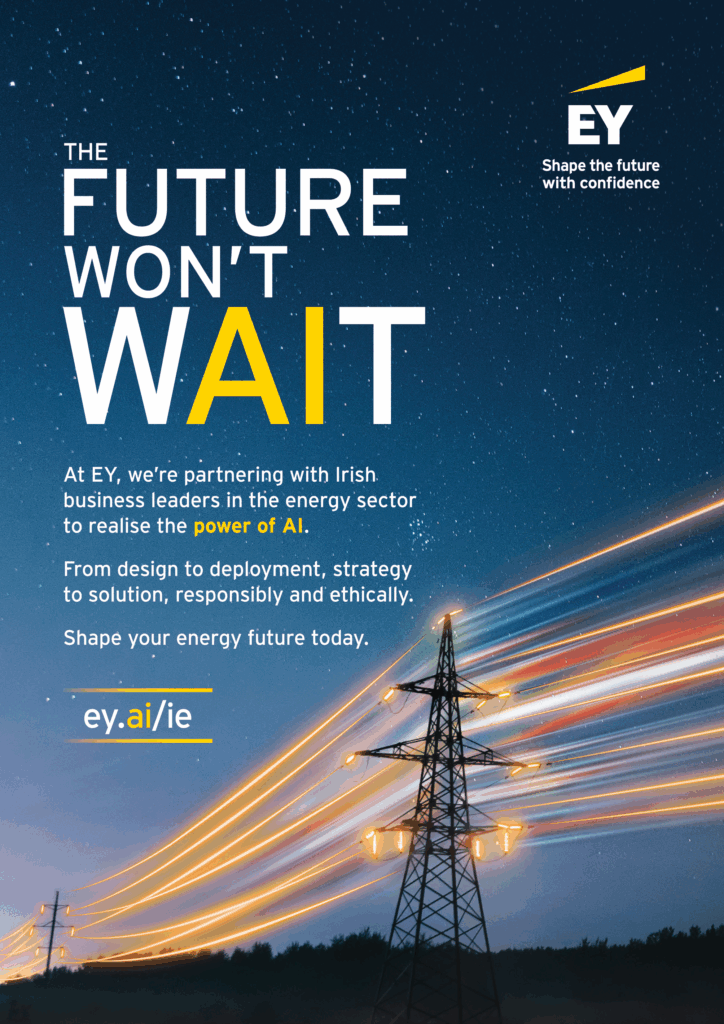
Utility Regulator
2nd June 2025
The CRU’s 2025 roadmap: regulating energy and water for a changing climate
2nd June 2025How smart meter data and new energy services will power the customer of the future

As we look towards 2030, ambitious targets have been set across the island of Ireland, aiming for net zero emissions by 2050. These goals are outlined in the Climate Action Plan in the Republic of Ireland and the Energy Strategy Action Plan in Northern Ireland. A fundamental aspect of achieving these ambitions is the decarbonisation of the power sector, which is currently undergoing significant transformation to respond whilst maintaining security of supply.
To maintain system balance amidst the growing reliance on intermittent and decentralised generation, the availability of flexible resources is becoming increasingly critical. The National Energy Demand Strategy (NEDS) in Ireland has established targets for achieving up to 30% demand-side flexibility by 2030. Active participation from customers and communities will be essential in reaching these targets.
Leveraging smart meter capabilities
Smart meters will serve as a core foundational component in empowering customer participation in flexibility. They provide the data and in-home connectivity that is essential for enabling customers to access enhanced energy insights, dynamic pricing, and advanced energy services. With nearly two million smart meters installed in Ireland and plans for a future rollout in Northern Ireland, the technological advancements and data availability will accelerate the introduction of innovative products and services for customers across the island.
Central to this transformation is the introduction of new policy and market frameworks, some of which will facilitate customers in sharing their smart meter data with energy service providers. This access will enable them to take advantage of new products and services and ultimately participate actively in future energy markets.
The active customer
Building on the smart meter foundation, the rise of new connected technologies in the home – such as domestic photovoltaic (PV) systems, electric vehicles (EVs), and heat pumps – emphasises the need for active customer participation in the energy landscape. EU policy is creating market frameworks that will allow active customers to share excess renewable energy with others or as part of an energy community. These customers will also gain access to energy markets to provide flexible responses.
This active participation will be supported by data access and the integration of smart technologies within homes, enabling advanced energy services. Such developments will democratise smart insights, allowing consumers to adjust their energy usage in ways that best suit their lifestyles. Additionally, smart home energy management systems will empower consumers to participate in explicit demand response schemes.
|
A vision for the active customer
|
How to respond
As the energy market evolves, there are significant opportunities to maximise customer participation:
1. Data-driven insights: Customers should leverage insights from smart meter data to make informed decisions about their energy usage, access tailored products and services, and engage in future energy markets.
2. Innovative products and services: Market frameworks must adapt to accommodate new entrants and innovative products that encourage active customer participation.
3. Security and privacy by design: With the increasing reliance on technology and data, robust cybersecurity and data privacy measures are essential for maintaining customer trust and confidence.
By harnessing data and connected devices in their homes, significant opportunity exists for customers to participate in the future energy market. Organisations that proactively engage customers and provide an experience that includes innovative products and services, alongside the security and privacy measures that modern consumers expect, will position themselves at the forefront of the energy transition.
 David Cashman David CashmanDirector EY Business Consulting |
 Dean Philpott Dean PhilpottDirector EY Technology Consulting |
 Mike Taylor Mike TaylorSenior Manager EY Technology Consulting |

